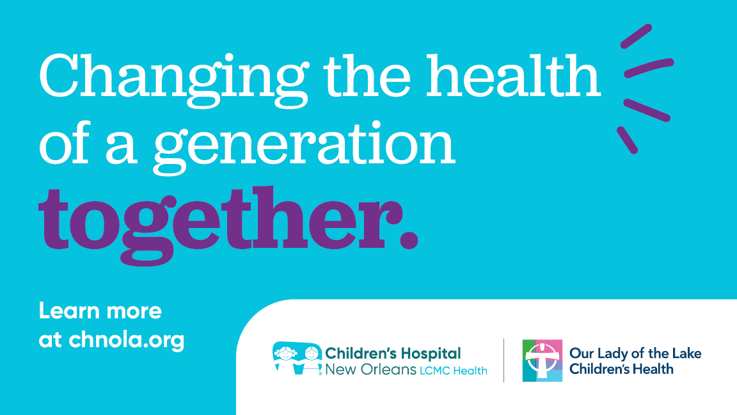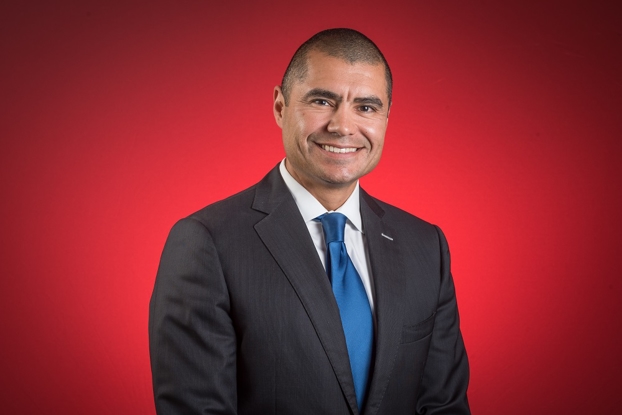Introducing phones and social media to children
- Category: General Health, Living Well, Parenting
- Posted on:
- Written By: Maria Pontoriero, LMSW, MSW, MPH

In the last blog post I penned, I defined human trafficking, and explained what it is, and what it is not. Today, in light of Human Trafficking Prevention Month, I want to talk about how we can create a safe online environment for our kids.
Traffickers (or exploiters) are commonly thought of as strangers, but what research is showing is that these are often people who may already be present in our kids’ lives, or who find ways to gain their trust and meet their emotional needs. It’s important that when introducing a phone or social media to kids that caregivers have vital conversations around online safety and behaviors. The technology era we find ourselves in – exacerbated by the COVID-19 pandemic – has increased our access to one another across communities, states, and even globally. This is great for individuals who are trying to make healthy connections – whether that is for resources, jobs, entertainment, or to find a connection with another safe individual. But we also must be mindful that it’s up to us to prepare our kids for that large responsibility of having a phone or engaging in social media!
When something happens to a child, it’s vital that we recognize it is not their fault. When adults or unsafe individuals manipulate people or utilize social media for their own unsafe advantage, we have to remove the blame from our kids and hold those individuals creating the unsafe space accountable. However, we can also prepare our kids for what this media and virtual world make look like. Talking to your kids about online risks in an age-appropriate way can help build their decision-making skills, give them the tools to recognize danger, and also increase communication and trust between caregivers and their kids. Having these conversations early will let your child know that they can come to you, and that you will be their support no matter what.
Safe behaviors online are skills that are built over time and require some practice. I always recommend caregivers start by having conversations with their younger children about issues such as cyberbullying and how to recognize it, as well as the notion that they cannot trust everyone they meet online. By the time kids enter their tweens, a caregiver can introduce the topic of the risks of meeting offline as well as sexting. Let your kids know that they can always talk to you. In all reality, the internet can be a great tool for them, so don’t make it too scary! If your child opens up to you about something they experienced online or inappropriate content, it’s important to stay calm and actively listen to them. Having regular discussions and an open dialogue about what is going on in your kids' lives and what social media apps they may be using can help them practice safe online behaviors. It also lets them know that you are available to them and have an open mind. You may not be able to protect your kids from everything, but you can help them build those responsible decision-making skills that will transfer to all aspects of their lives.
If you are interested in learning more about how you can recognize the signs for human trafficking or want to gain more skills in how to talk to your kids about social media, please email me at Maria.pontoriero@lcmchealth.org
If you are interested in enrolling your child in one of our curriculums that are age-appropriate and youth-centered to teach them what human trafficking or to discuss social media behaviors, the Audrey Hepburn CARE Center at Children's Hospital New Orleans offers these courses.
Maria Isabella Pontoriero, LMSW, MSW, MPH
Human Trafficking Social Worker
Children’s Hospital New Orleans Aurdrey Hepburn Children at Risk Evaluation (CARE) Center



